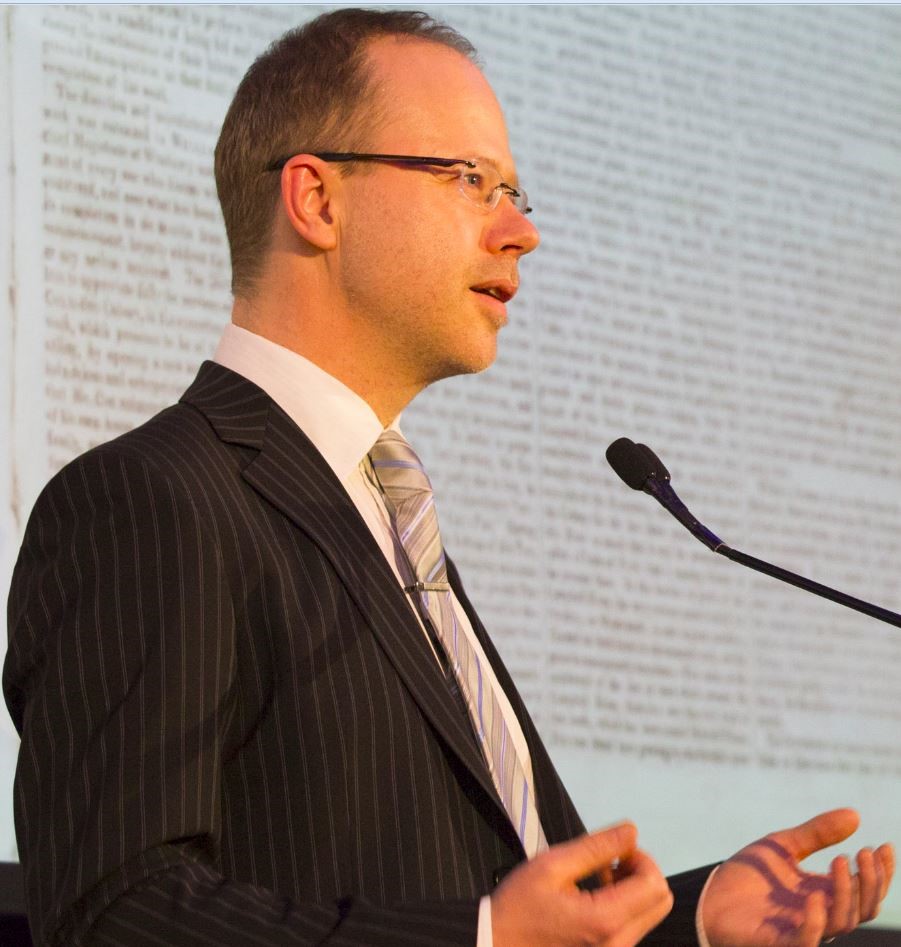The Archives
-
Communication and Media Studies, Digital Scholarship, Museum Studies
Engaging Collections and Communities: Technology and Interactivity in Museums
01.03.18 | Permalink | Comments Off on Engaging Collections and Communities: Technology and Interactivity in MuseumsThe uptake of Web 2.0 services at the start of this century has brought new freedoms in terms of museums’ relationship with the public. Historically, museums, like so many institutions, have understood their role as containing, controlling and regulating public interaction with a protected and guarded resource. Authority has been generated through this controlled interaction. The very notion of mediated access rests on the intermediary role of curators and institutions. However, social media now facilitates far greater dialogue between experts and the public, levelling the traditional hierarchies and moving from the one-way information flow to a two-way relationship. Today online communities of interest give new value to the electronic dimension of institutions, sustaining the interest base and attracting visitors through the door. The changing nature of museums, bringing with them shifting notions of curatorship, has prompted radical changes in museum practices. Museums are not only guardians but are entrepreneurs – linking, facilitating and marketing collections.
-
Cultural Studies, Historical Studies, Humanities, Museum Studies
Exploration and Endeavour
08.02.11 | Permalink | Comments Off on Exploration and EndeavourExploration & Endeavour: The Royal Society of London and the South Seas celebrates the society’s 350th anniversary by bringing together a selection of iconic objects and original documents that highlight the society’s key role in European maritime exploration and discovery in the Pacific. The Royal Society, the world’s oldest scientific academy in continuous existence, was founded on the premise that knowledge should be subject to independent verification—‘freeing oneself from unexamined opinion, particularly through the study of empirical data’, as Andrew Sayers puts it in his introduction to the beautifully produced accompanying book publication. The society’s motto, Nullius in verba (‘Take no-one’s word for it’), attests to this commitment to independence of thought, underpinned by methodologically rigorous inquiry. Fellows of the society include larger-than-life figures who in many cases have revolutionised their field: Isaac Newton, Michael Faraday, Christopher Wren, Charles Darwin, Ernest Rutherford, Albert Einstein, Dorothy Hodgkin, Francis Crick, James Watson, Stephen Hawking and, with particular relevance in the Pacific context, James Cook and Joseph Banks.
-
Cultural Studies, Digital Scholarship, Historical Studies, Humanities, Museum Studies
Exhibiting History: The Digital Future
25.04.08 | Permalink | Comments Off on Exhibiting History: The Digital FutureThis paper surveys the digital history field, highlighting trends across historical, cultural and literary studies, heritage, archaeology and geography, as well as library information, screen and media studies, multimedia production and interaction design. This broad field is increasingly relevant to museum practice as museums experiment with digital modes of presentation and communication, including virtual exhibitions and other online extensions of the physical visitor experience.






